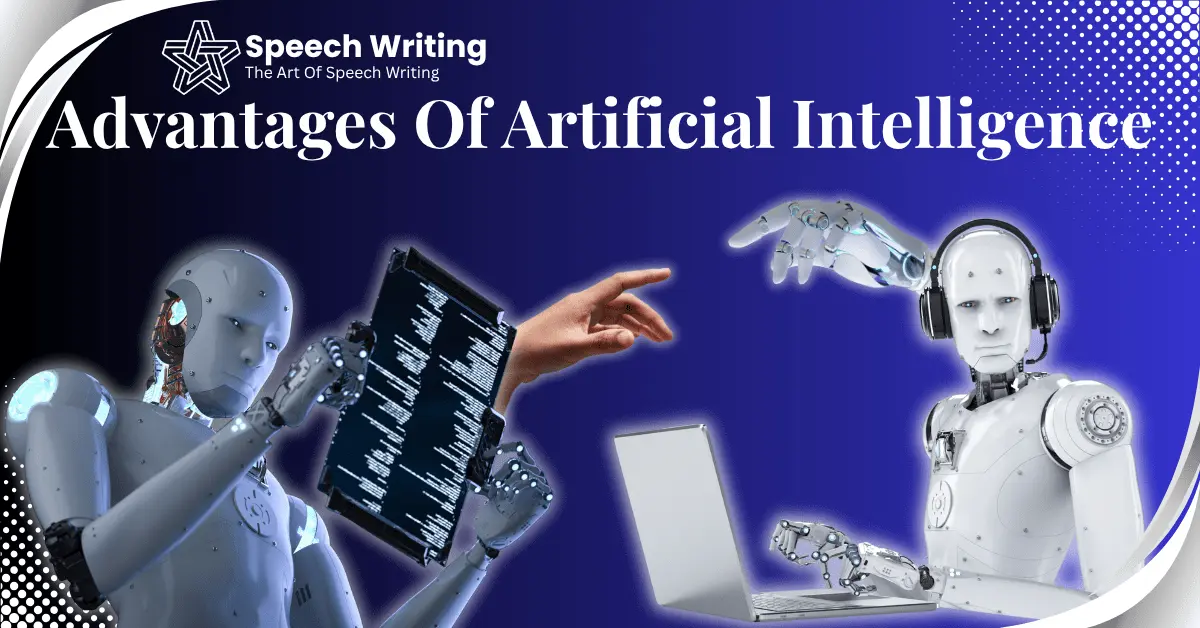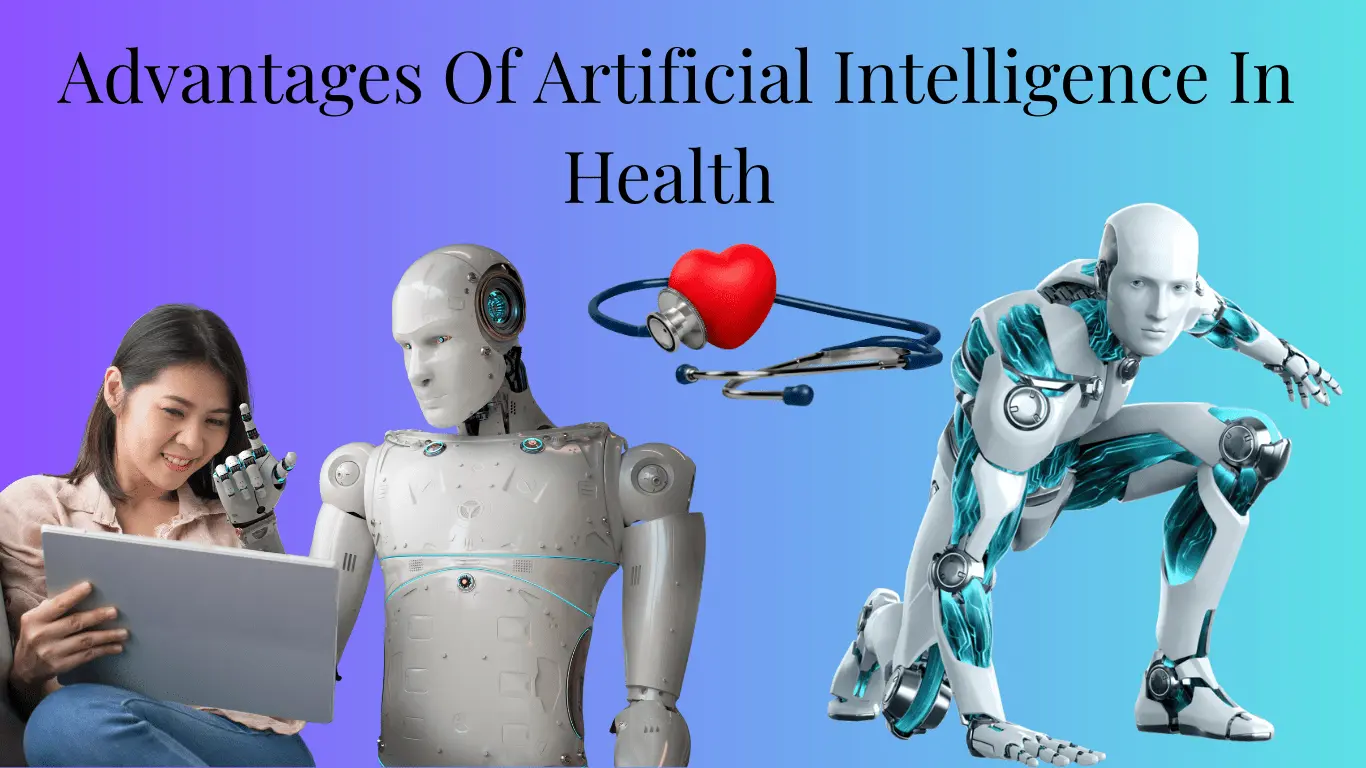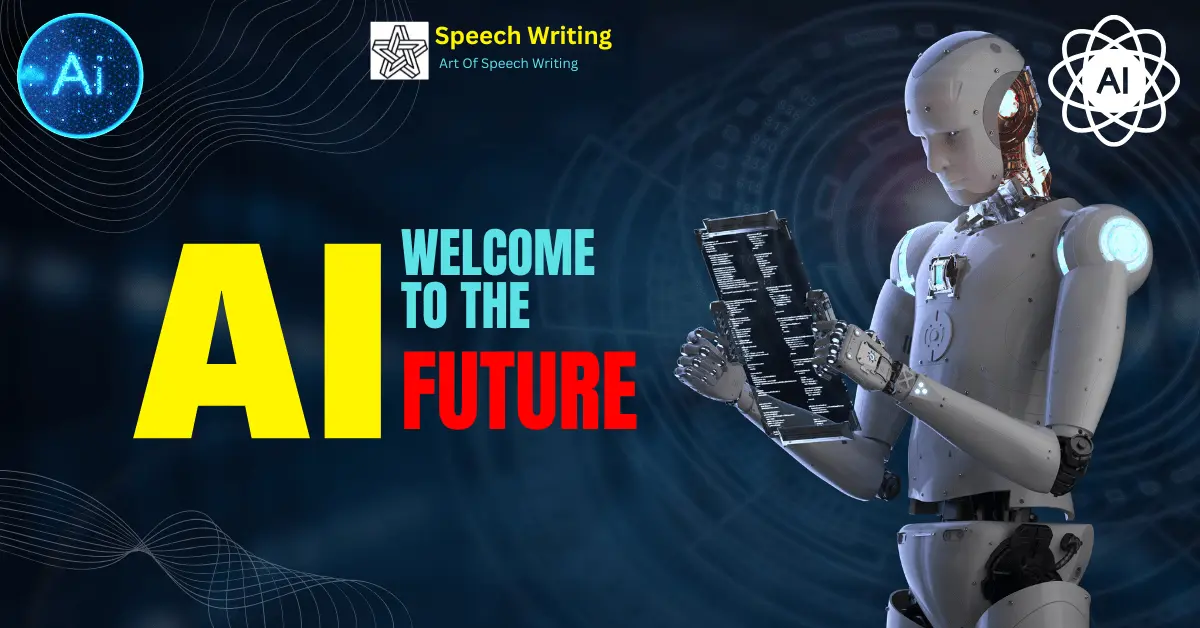Advantages and Disadvantages of Artificial Intelligence: Shaping the Future of Humanity
Published: 04/09/2025
Introduction
Once upon a time, machines were only tools—silent, simple, and fully dependent on humans. They could not think, they could not decide, and they could not guide. But today, the story has changed. Imagine a student waking up in the morning: an artificial intelligence alarm sets the perfect wake-up time, a smart app suggests what to eat for breakfast, and another artificial intelligence tool helps him revise lessons for exams. This is not a dream—it is the reality we are all living in.
But here comes the twist: this reality is not only filled with comfort and progress, but it also conceals challenges and risks. And that is why, when we talk about the advantages and disadvantages of artificial intelligence, we are actually telling the story of how technology is rewriting the future of humanity. Will artificial intelligence become our greatest companion, or our toughest challenge? That is the question we need to explore today.

What is Artificial Intelligence?
Artificial Intelligence (AI) is the branch of computer science that focuses on creating machines or systems that can perform tasks that normally require human intelligence. These tasks include learning from data, understanding language, recognizing patterns, solving problems, and making decisions.
There was a time when machines could only do what humans told them—press a button and they start, press again and they stop. That was it. But today’s story is different. Now we have artificial intelligence, a system where machines don’t just follow orders, they actually learn.
This process, known as machine learning, allows computers to study data, recognize patterns, and make decisions—sometimes even better than humans. Think about Google Maps showing you the fastest route, or Netflix suggesting the perfect movie for your mood—these are not just apps; they are artificial intelligence tools working silently in the background.
From automation in industries to chatbots answering our questions, artificial intelligence has become a thinking partner in our daily lives. In short, artificial intelligence is the ability of machines to act intelligently, to adapt, and to solve problems—just like humans, but often with greater speed and accuracy.
Why is Artificial Intelligence Important?
Artificial intelligence is important because it is reshaping almost every part of our lives.
1. Education
In classrooms, artificial intelligence makes learning easier by offering personalized lessons and study appshttps://speechwritingart.com/importance-of-education/. For example, platforms like Duolingo and Quizlet track a student’s progress and adjust lessons according to their ability. This ensures every learner gets a tailored experience.
2. Healthcare
In healthcare, artificial intelligence has transformed the way doctors work. It can scan X-rays, detect diseases in seconds, and even predict possible health risks. Systems like IBM Watsonhttps://en.wikipedia.org/wiki/IBM_Watson are helping doctors make quicker and more accurate decisions, saving both time and lives.

3. Business and Industry
Artificial intelligence improves customer service, boosts productivity, and reduces costs through automation. Chatbots that answer customer queries instantly or recommendation systems like Amazon’s are clear examples of artificial intelligence making businesses smarter.
4. Daily Life
Even in our homes, artificial intelligence is everywhere. Google Maps suggests the fastest route, Netflix recommends movies based on our mood, and assistants like Siri or Alexa answer our questions in seconds.
5. The Future
The future promises even more: self-driving cars, advanced space research, and innovations that can solve global challenges. But along with these benefits come concerns about jobs, privacy, and human dependence.

Key Features of Artificial Intelligence
1. Machine Learning – The Brain of Artificial Intelligence
Machine learning enables systems to learn from experience and improve over time. For example, Netflix recommendations or Google Photos face recognition become more accurate with usage.
2. Natural Language Processing – Talking to Machines
From chatbots to Siri and Alexa, artificial intelligence understands and responds to human language. In education, this helps students get instant answers to questions.
3. Automation – Getting Work Done Faster
Automation powered by artificial intelligence saves time and reduces human effort. Robots build cars, software schedules tasks, and factories run faster—but it also creates the risk of job losses.
4. Predictive Analysis – Seeing the Future
Artificial intelligence analyzes massive data sets to predict outcomes. In healthcare, it forecasts disease risks; in business, it predicts customer behavior; and in research, it helps students plan more effectively.
5. Computer Vision – Machines that See
Self-driving cars, facial recognition, and medical imaging all use computer vision. This allows artificial intelligence to “see” and interpret the world around it.
6. Problem-Solving and Decision-Making
From suggesting the fastest route on Google Maps to analyzing business strategies, artificial intelligence excels at quick and accurate decision-making.
7. Adaptability and Self-Correction
Unlike traditional machines, artificial intelligencehttps://en.wikipedia.org/wiki/Artificial_intelligence adapts and improves daily. Self-driving cars, for example, continuously learn from real-world conditions.
8. Personalization – Tailored to Your Needs
YouTube, Spotify, and Amazon recommendations are examples of personalization. In education, artificial intelligence designs study plans suited to each student.
9. Integration Across Fields
Artificial intelligence is not limited to one industry—it powers education, healthcare, business, governance, and even entertainment.
10. Scalability – Handling Big Workloads
Artificial intelligence can handle enormous workloads quickly, such as fraud detection in banking or complex simulations in research.

Advantages of artificial intelligence
| There are following benefits of artificial intelligence |
|---|
|
| Disadvantages of artificial intelligence |
|---|
|
Conclusion
The importance of artificial intelligence in today’s world cannot be ignored. From classrooms to hospitals, from industries to homes, it has become a driving force of progress. Its advantages—efficiency, personalized learning, advanced healthcare, and better decision-making—are shaping a brighter future. At the same time, disadvantages such as job loss, privacy issues, and ethical concerns remind us that technology must be used responsibly.
For students, researchers, and professionals, artificial intelligence is not just a tool—it is both a challenge and an opportunity. The future belongs to those who learn how to use artificial intelligence wisely, balancing its power with human creativity and ethics. After all, machines may think, but only humans can dream—and it is our dreams that will define the true importance of artificial intelligence in building a better tomorrow.
While artificial intelligence automates many tasks, it also creates new opportunities. The challenge is for workers to adapt by learning new skills.
It assists in disease detection, scans medical images, predicts health risks, and supports doctors in providing faster, more accurate treatments.
Artificial intelligence creates personalized learning plans, tracks student progress, and offers instant support through smart apps and chatbots.
Its disadvantages include job loss, privacy issues, high costs, lack of creativity, and the risk of over-dependence on machines.
Artificial intelligence offers speed, accuracy, personalized learning, better healthcare, cost reduction, and improved decision-making across industries.

- Be Respectful
- Stay Relevant
- Stay Positive
- True Feedback
- Encourage Discussion
- Avoid Spamming
- No Fake News
- Don't Copy-Paste
- No Personal Attacks

- Be Respectful
- Stay Relevant
- Stay Positive
- True Feedback
- Encourage Discussion
- Avoid Spamming
- No Fake News
- Don't Copy-Paste
- No Personal Attacks




